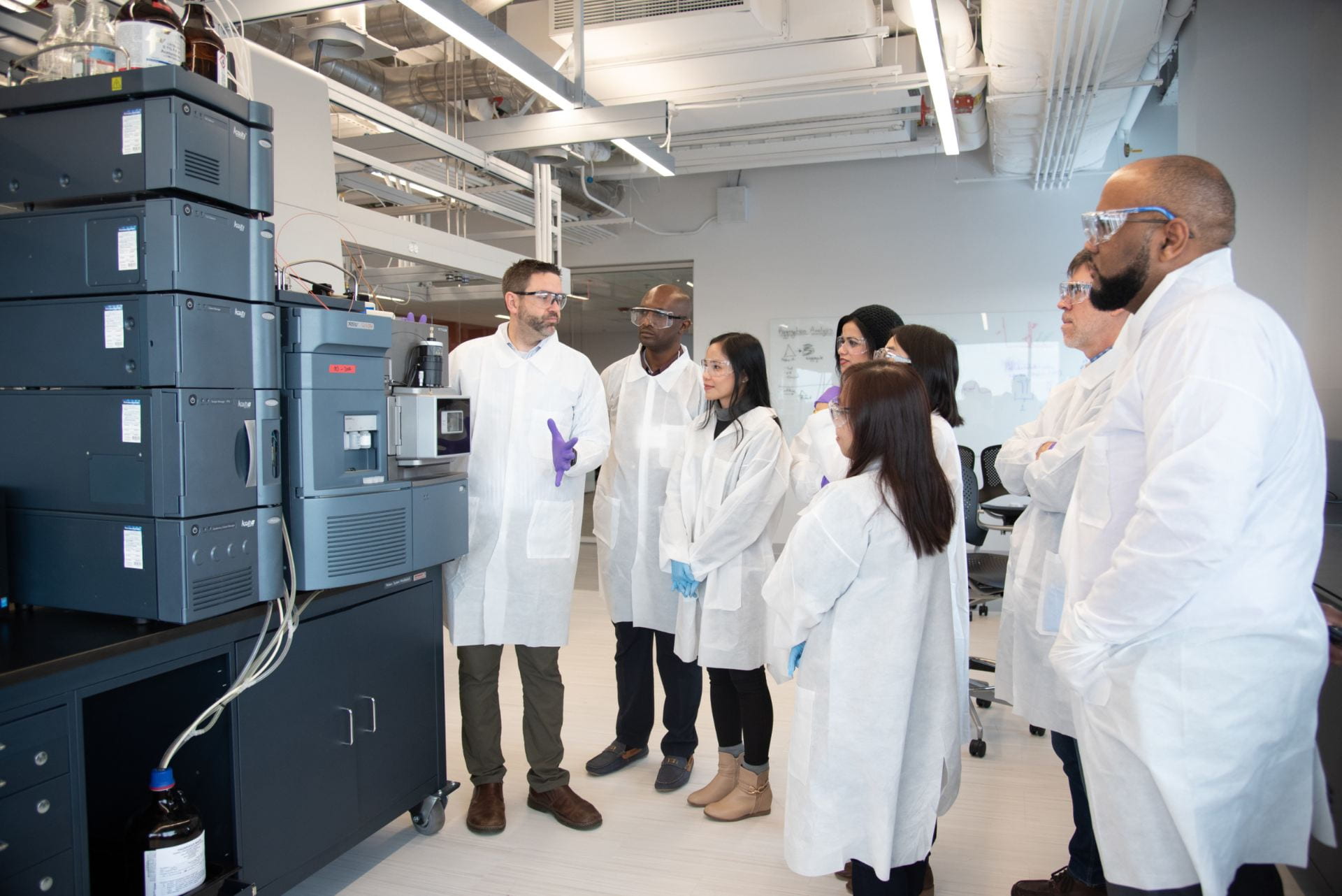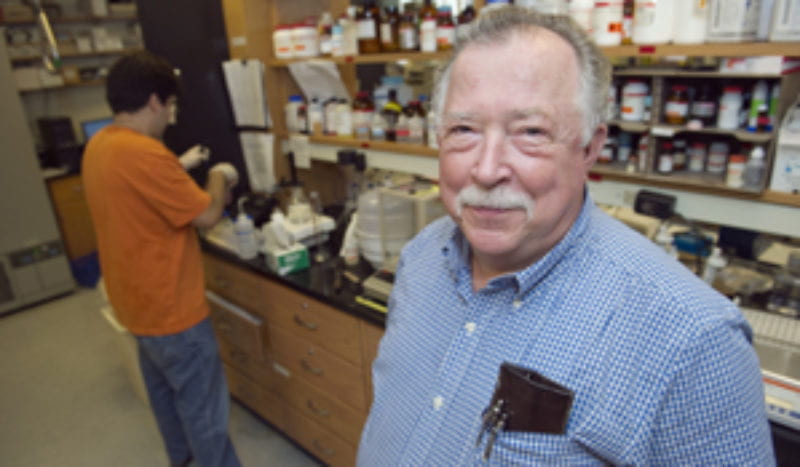USE-INSPIRED RESEARCH
PROJECTS

The Life Sciences Testing Center (LSTC)
The Life Sciences Testing Center (LSTC) was founded in July of 2020 to meet the testing needs of Northeastern’s ambitious reopening plan, by providing regular and accessible testing to the Northeastern community. Samples are delivered to the LSTC for high-complexity molecular testing, returning COVID-19 test results within 12-48 hours of sample collection.
With close to 80 staffers and a testing capacity of approximately 15,000 tests per day, the LSTC is well positioned to meet the rising challenges of operating in a pandemic-affected higher education landscape.
To read more about the Life Sciences Testing center in the news, visit News@Northeastern for feature stories and highlights of the COVID-19 research effort at Northeastern.

Biopharmaceutical Analysis Training Laboratory
BATL is the only source for a one-place partnership focused on collaborations that unite various scientific stakeholders across the globe. Our unique offerings meet the needs of multiple and diverse scientific and medical stakeholders, from early discovery and development in industry to experiential training, from global regulatory convergence to use-inspired research.
BATL is proudly recognized by the Asia-Pacific Economic Cooperation (APEC), the International Council for Harmonisation (ICH), the Pharmaceutical Research and Manufacturers of America (PhRMA), and the World Health Organization (WHO) as a neutral, global facilitator of collaboration between academia, industry, and government toward regulatory convergence.

Center for Pharmaceutical Biotechnology and Nanomedicine
The Center for Pharmaceutical Biotechnology and Nanomedicine was created to perform studies at the juncture of two fast-growing scientific areas: biotechnology and nanomedicine. The Center is directed by Dr. Vladimir Torchilin, University Distinguished Professor of Pharmaceutical Sciences.
This Center aims to host and coordinate research in pharmaceutical nanocarriers, controlled drug and gene delivery, drug targeting, intracellular targeting, experimental medical imaging, and cancer immunology, and train young researches in these areas.